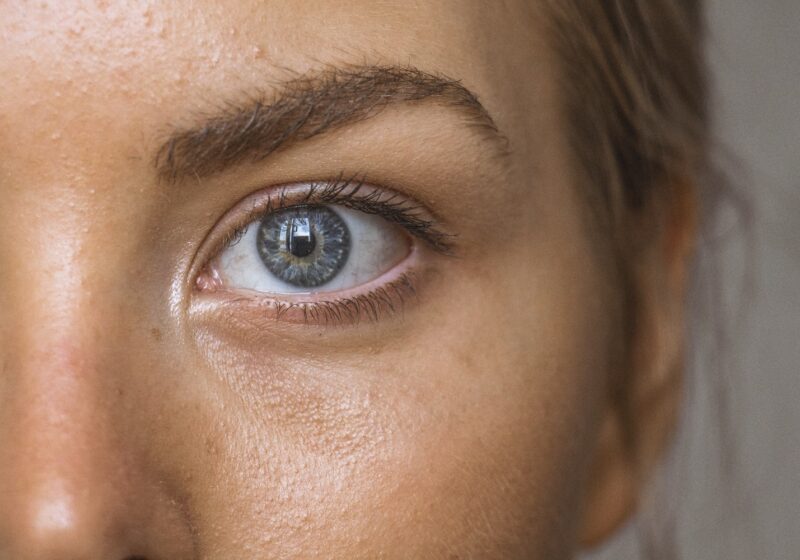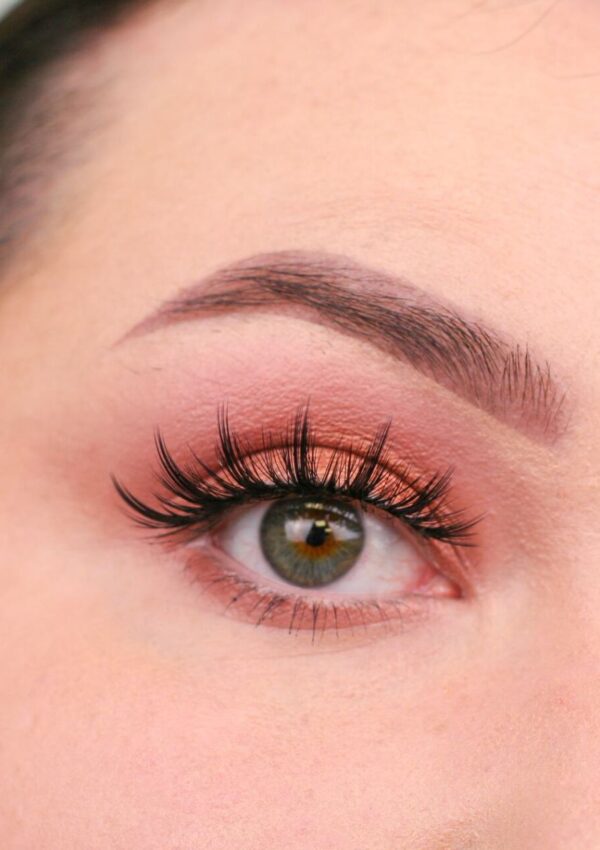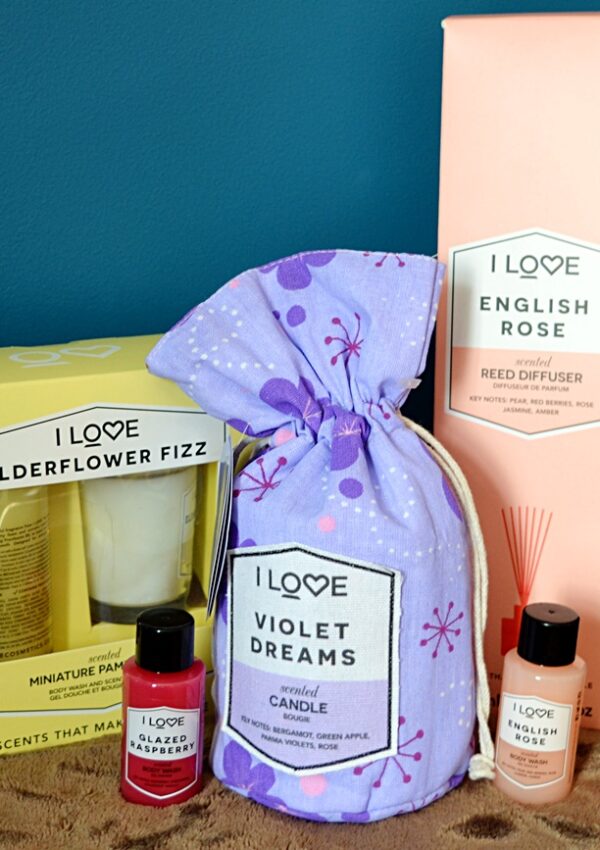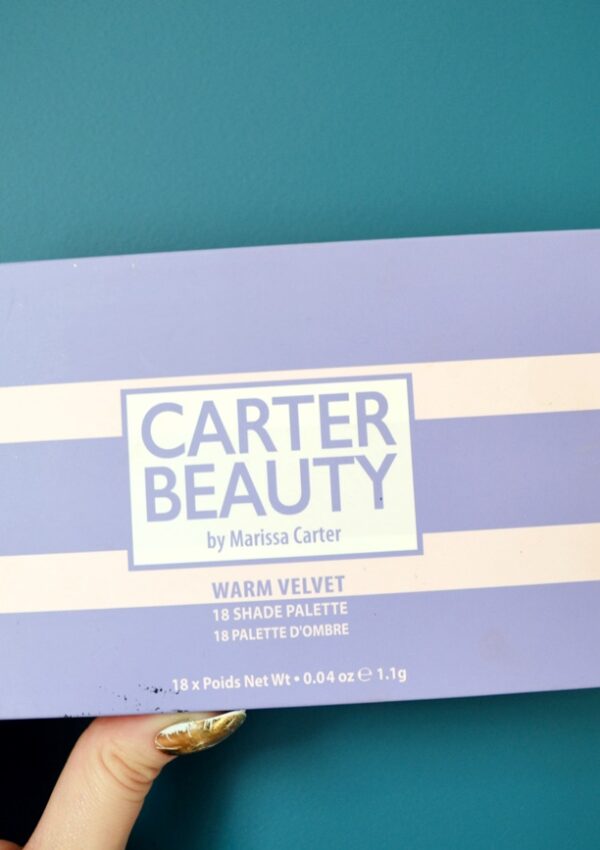When you begin to develop a proper skincare routine, it can be difficult to know what works for you. Curating a routine that fits your lifestyle, schedule and preferences can be a hard slog, but is worth it when you finally nail those essential daily products and habits. It’s getting to that point that most of us struggle with. The beauty world is full of mixed advice for skincare online, from both experts and novices, making it difficult to separate advice from myth.
The truth is, there is no one size fits all approach when it comes to your skin. The key is developing a routine for you and to help you find it, we have put together a guide to common skincare misconceptions and helped separate the truths from the myths.
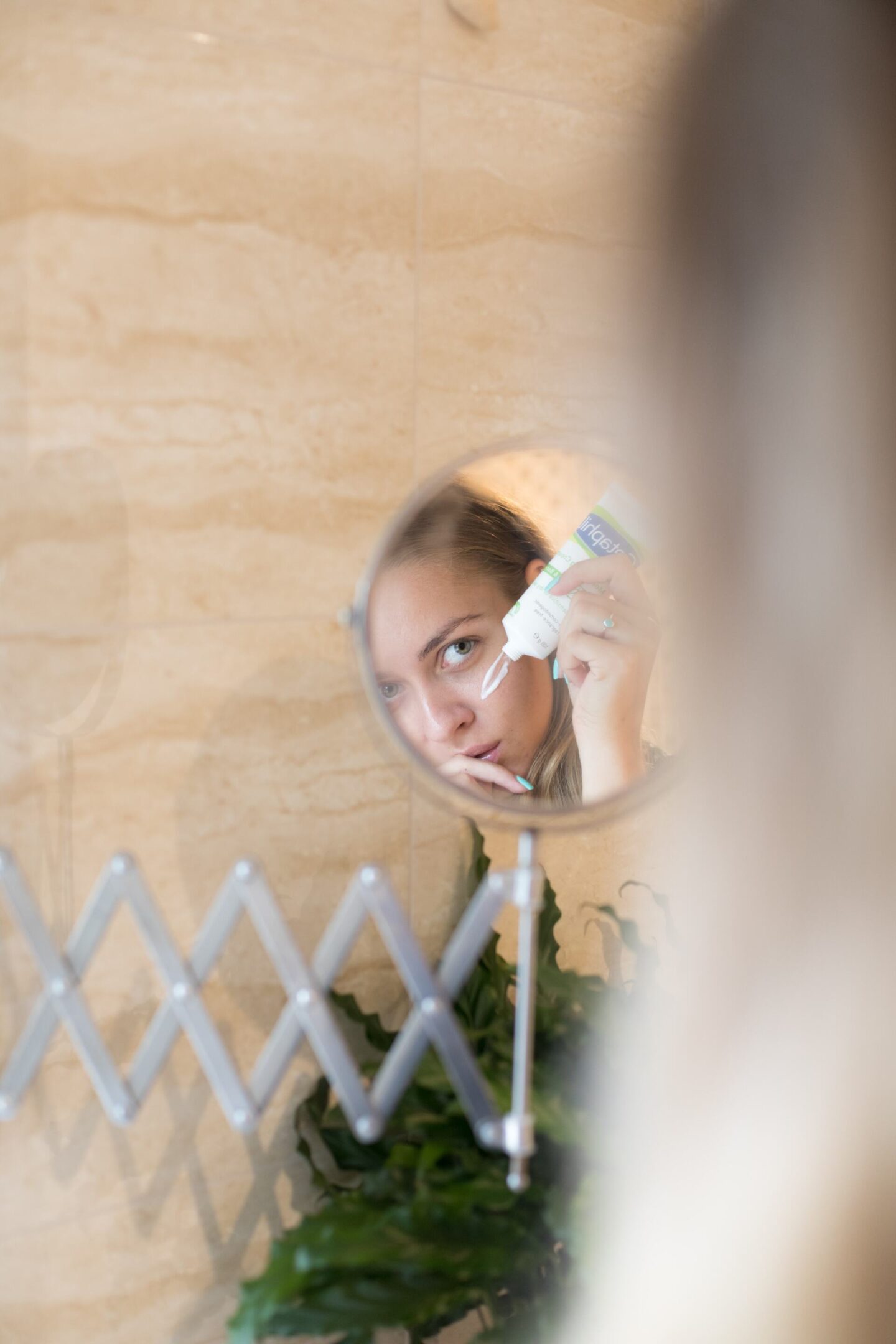
The myth: You only need to wear sunscreen abroad
The Truth: It may seem like a lot of maintenance, but skin experts recommend wearing sunscreen every single day. Wearing it protects against harmful UV rays, which can penetrate glass in windows so even indoors isn’t completely free of risk. An SPF of 15 or higher is the best option and always be sure consider the labels instructions for reapplying times etc.
The Myth: You only need sunscreen if you have a fair skin tone
The Truth: Anyone can fall victim to sunburn. If you have darker skin you should use protective creams or sprays, but you may need to choose a specific type to work effectively as not all are suitable. Prevention offers expert advice on the best brands to look into.
The Myth: You shouldn’t use moisturiser if you have oily skin
The Truth: Moisturiser is appropriate for all skin types, you just have to find the appropriate one and apply relevantly to your type. Dermatologists say not using moisturiser can cause skin to dry out, which leads to increased oil production overall. Non-comedogenic moisturisers are best for oily skin, to keep skin hydrated but without blocking pores in the process.
The Myth: Using sunbeds clears my skin and rids it of spots
The Truth: The UV rays from sunbeds can kill off bacteria, meaning in the short-term it may look like your skin is clearing up. This isn’t recommended to treat acne though, as the temporary benefits sunbeds may have are negligible to the potential risks. UV rays from sunbeds can brown spots that cause cancer, as well as wrinkling and sagging. Seeking professional advice from a dermatologist to form a new routine is far better way to resolve breakouts and acne in the long-term.
The Myth: You don’t need to wear sunscreen if your make-up has SPF
The Truth: Your foundation may offer a little protection, but won’t be being topped up as frequently as if you used sunscreen. Your foundation should be the added layer, not the only one, so be sure to use a moisturising SPF and try to keep applying every 2 hours if you’re out in the sun.
The Myth: Face wipes are the easiest way to remove your make-up
The Truth: While face wipes can be highly convenient and were a festival must-have in your teens, they are not so great for your skin. The chemicals found in many face wipes can dry out your skin and rid it of its natural oils, leading to dryness and increased oily skin with frequent use. Face wipes are commonly single use too, so are also terrible for the environment. Invest in a good, sustainable remover that’s good for your face and the planet. We recommend Face Halo, which only requires water and is good for hundreds of reuses.
The Myth: Spots are always caused by diet
The Truth: Having a bad diet can be detrimental to your skin, but there are many other factors that also play a part in what causes breakouts. Hormones, in particular, can lead to spots around your chin. Not properly removing your make-up or cleansing your skin daily can also lead to a build up of dirt and clog your pores. In addition, diet is still important (although not the sole cause of spots). Excess consumption of dairy, meat or alcohol can lead to spot breakouts in specific areas like across your cheeks or around your jawline.
The Myth: Drinking water can improve your skin
The Truth: This is highly debated as drinking water is known to be good for your overall health and ensures the body stays hydrated, which flushes out toxins from within. Some experts say unless you are severely dehydrated to begin with, then drinking water would not specifically boost your skin condition. Either way, drinking more water can only be beneficial as a whole, so is recommended for general health perks.
The Myth: Organic skincare products are always better for you
The Truth: Many organic ingredients can be just as harmful or helpful to your skin as artificially made ones. Depending on your skin type, you need to establish what aggravates and calms your skin and setup a range of products for your daily cleanse that suits your needs. Researching online and reading reviews from users with similar skin types are easy ways to begin figuring out your ideal ingredients, as is gaining professional advice from a proper dermatologist.
The Myth: Wearing make-up everyday makes your skin worse
The Truth: While partly true, this one does depend on the individual and their habits. Make-up can lead to more bacteria on your face, from application brushes or sponges, but if handled right isn’t a threat to your skin. If you have meticulously vetted your make-up and ensured it’s the best suited to your skin type, there is nothing wrong with wearing make-up daily. You just have to be sure you are removing it properly at the end of each day and keeping your pores clean.
Keep up to date by following all of our latest beauty news.

